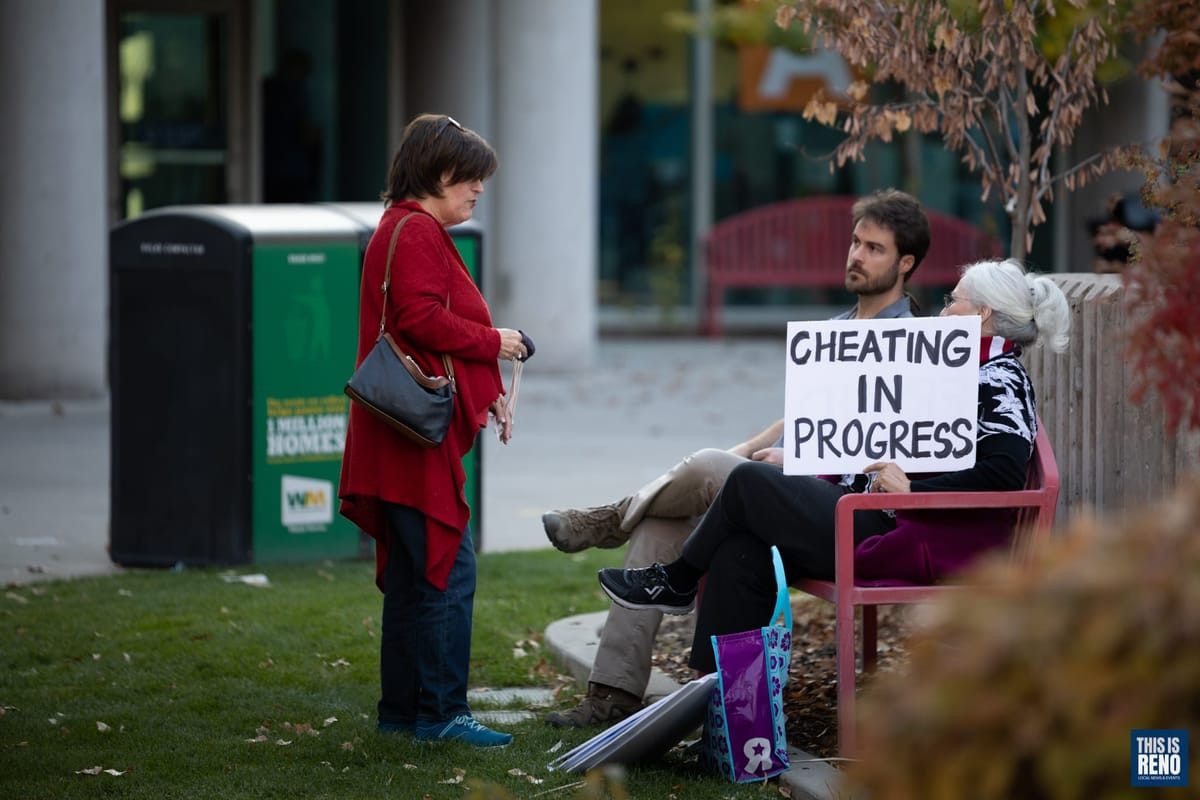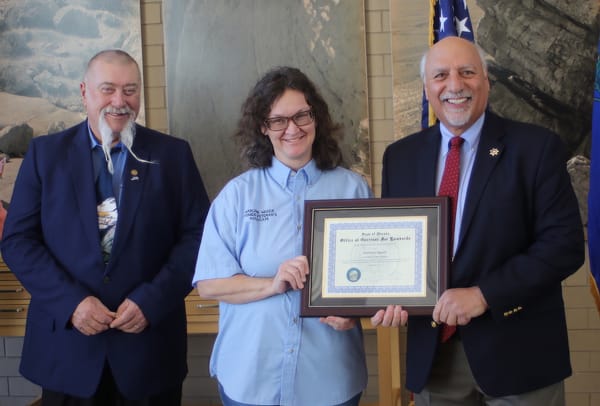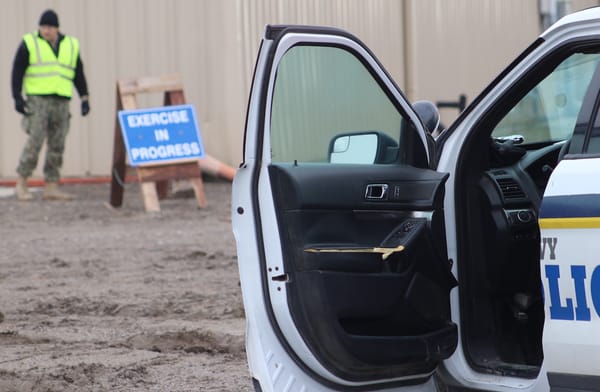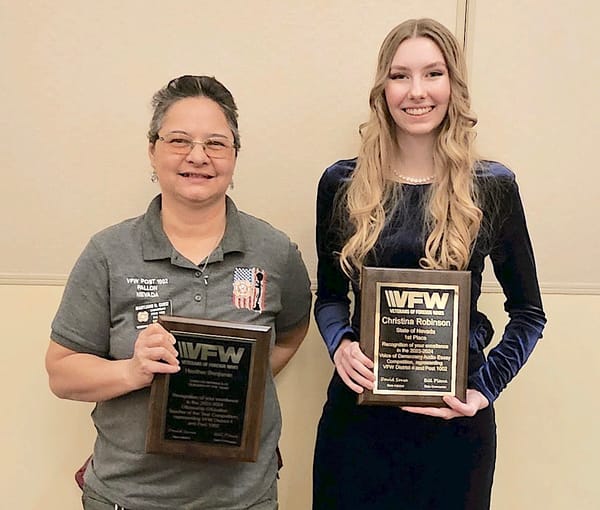Poll suggests 2020 election denial could suppress GOP turnout in 2022

by Jeniffer Solis, Nevada Current
November 17, 2021
WASHINGTON–Despite zero evidence of any widespread fraud in the 2020 election, most Republicans believe next year’s midterms will not be counted fairly, according to a poll released Tuesday by the nonpartisan Center for Election Innovation and Research.
The new poll of Republican voters, conducted for CEIR by Echelon Insights, detail what Republicans believe about the 2020 results, and reveal how this might affect their future voting behavior.
Unfounded and unproven accusations of election fraud by prominent members of the Republican party, spearheaded by former President Donald Trump and proliferated by candidates in Nevada and the nation currently campaigning to win office in 2022, have sown distrust in U.S. elections for the long term, according to the poll.
The poll found that nearly two-thirds (65%) of GOP and Trump voters are not confident that votes across the U.S. were counted accurately in 2020 and 53% believe they will not be fairly counted in the upcoming 2022 midterm elections. Only 38% of GOP and Trump voters felt confidence their vote would be counted.
By contrast, self-identified Democrats (87%) and independents (62%) are much more confident about 2022.
“This poll confirms that the campaign to discredit elections has grievously injured Republican voter confidence,” David Becker, executive director and founder of CEIR.
“There’s no way to understate the danger we’re in,” Becker told reporters in a conference call. “I personally believe this is as dangerous a moment for American democracy as the Civil War, and perhaps even worse.”
The January 6 insurrection and the Trump administration’s efforts to overturn last year’s presidential election continue to undermine Republican trust in the process.
“People who have that kind of impulse, who have lost any kind of sense of principles or norms, who are willing to defy the will of the people in a democratic society to install a leader they prefer, where does that naturally go?” Becker asked.
The poll found trust in local elections actually remains high. But it wanes as the jurisdiction gets bigger. While 75% of GOP and Trump voters believe the 2020 elections were conducted very or somewhat well in their own communities, confidence drops to 61% at the state level and 32% at the national level.
In high-profile states Trump claimed were stolen from him, confidence in state level elections is even lower among GOP and Trump voters, including Arizona (46%), Pennsylvania (40%), and Georgia (52%), than among the national sample.
Misinformation about voter and election fraud is widely believed by Republican voters. Overall, nearly half (48%) of GOP and Trump voters believe there was widespread occurrence of election officials deliberately miscounting votes in 2020, compared to just 10% of Democrats and 25% of independents who feel that way.
Asked what issues they believe will continue to be a problem in the 2022 elections, 61% said illegitimate votes from false or deceased persons; 55% said duplicate votes, or people voting multiple times; 46% said elections officials intentionally miscounting votes; and 36% said elections officials accidentally miscounting votes.
Despite the fact that not a single so-called “full forensic audit” has yet to overturn an election — and on the contrary such “audits” have validated 2020 election results, as happened in Arizona — GOP and Trump supporters strongly support the exercise.
The polling suggests election denial could have long-term negative effects on turnout, particularly among Republicans and Trump voters who may become more radicalized as their trust in elections diminishes.
“One out of every six Republican voters say that they are less likely to vote in the midterms unless ‘forensic audits’ are conducted across the country, which is both completely unnecessary and highly unlikely,” said Becker.
CEIR noted that unlike official processes of auditing and verifying election results under law, “forensic audits” aren’t an actual election practice.
Among GOP and Trump voters, 16% say they are less likely to vote in 2022 if no such audits are conducted. That’s four times the number who say they would be less likely to vote if audits were conducted. Another 60% of GOP and Trump voters support audits in every state and (47%) support audits only in states Biden won.
Some Republican worry about the possibility of their voters staying home, citing statements such as one issued by Trump last month. “If we don’t solve the Presidential Election Fraud of 2020,” Trump said, “Republicans will not be voting in ’22 or ’24. It’s the single most important thing for Republicans to do.”
The poll was conducted online by Echelon Insights from October 20-26, 2021. It surveyed 1,600 registered voters nationally with oversamples of 150 voters in three 2020 battleground states (AZ, GA, and PA) and one state conducting a competitive off-year gubernatorial election (VA). The poll has a total sampling error of +/-3.4683%.
Nevada Current is part of States Newsroom, a network of news bureaus supported by grants and a coalition of donors as a 501c(3) public charity. Nevada Current maintains editorial independence. Contact Editor Hugh Jackson for questions: info@nevadacurrent.com. Follow Nevada Current on Facebook and Twitter.





